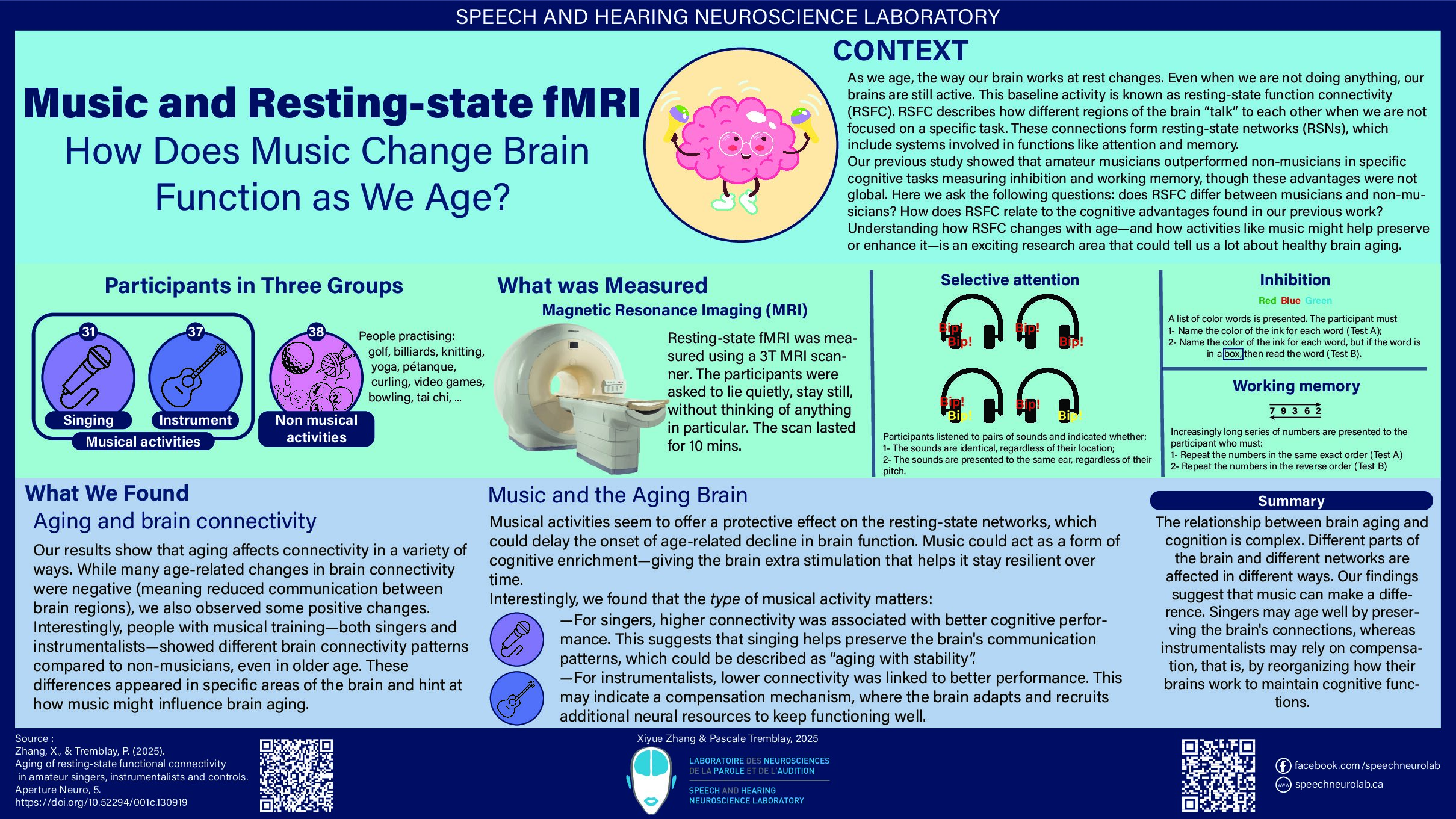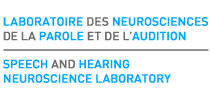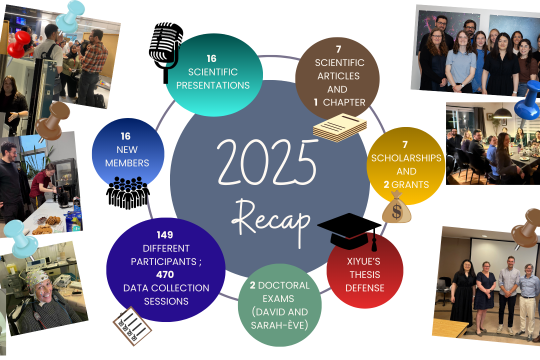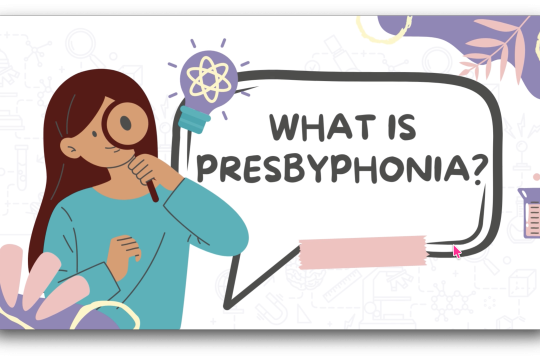PICCOLO Project in Pictures. Part Four: Impacts on Brain Networks

We are pleased to present the fourth infographic derived from the fourth study published using data from our large-scale research project, PICCOLO!
Designed by Xiyue Zhang, a PhD student in our lab, this infographic highlights the latest findings from the PICCOLO project on the effects of amateur musical practice on resting-state fMRI. For an introduction of resting-state fMRI, see this blog: https://speechneurolab.ca/en/que-fait-votre-cerveau-lorsque-vous-vous-reposez/
The PICCOLO project focuses on the effects of Instrumental or Vocal Practice on Cognition, Language, and Brain Organization. It aims to determine whether different forms of musical activities—such as singing and playing a musical instrument—have similar or distinct effects on the brain, compared to non-musical activities. Click here https://speechneurolab.ca/projet-en-equipe-du-frqnt-2/ to read our blog post introducing the project.
In this fourth infographic, we present the results of a study by Xiyue Zhang and Pascale Tremblay, which was published in 2025 in the journal Aperture Neuro.
The study explores how brain aging—specifically through resting-state fMRI—is related to attention, inhibition, and working memory in adults who engage in musical or non-musical activities, with a focus on brain plasticity.
Dive into the infographic to discover whether the resting-state networks differ between singers 🎤, instrumentalists 🎸🎻, and non-musicians. You can click on the infographic to enlarge or download it.
To learn more about this study, read the scientific article itself by clicking here: https://apertureneuro.org/article/130919-aging-of-resting-state-functional-connectivity-in-amateur-singers-instrumentalists-and-controls
Happy reading! 😊
Source:
Zhang, X., & Tremblay, P. (2025). Aging of resting-state functional connectivity in amateur singers, instrumentalists and controls. Aperture Neuro, 5.
Suggested readings :
- FRQNT-funded research project on the impact of musical activities on the brain
- PICCOLO Project in Images. Part One: Impacts on Articulation
- PICCOLO Project in Images. Part Two: Impacts on Cognition
-
PICCOLO Project in Pictures. Part Three: Impacts on the Attention Network
- Aging and brain volume
- Can musical practice improve listening to conversations in noise?
- New Scientific Article on the Impact of Singing on Brain Networks
- New scientific article about the impact of singing on articulation
- Pascale presents our work at the “Neurosciences and Music VIII” congress in Helsinki
- Alexandre’s study presented at the Scientific Day of the Quebec Bio-Imaging Network (QBIN)
- Lab paper on aging and singing!
- Scientific Article on the Benefits of Choral Singing
- How does the human brain work?
- A forest of neurons
- Cognitive functions
- Inducing plasticity
- Pascale holder of a Canada Research Chair 🇨🇦



